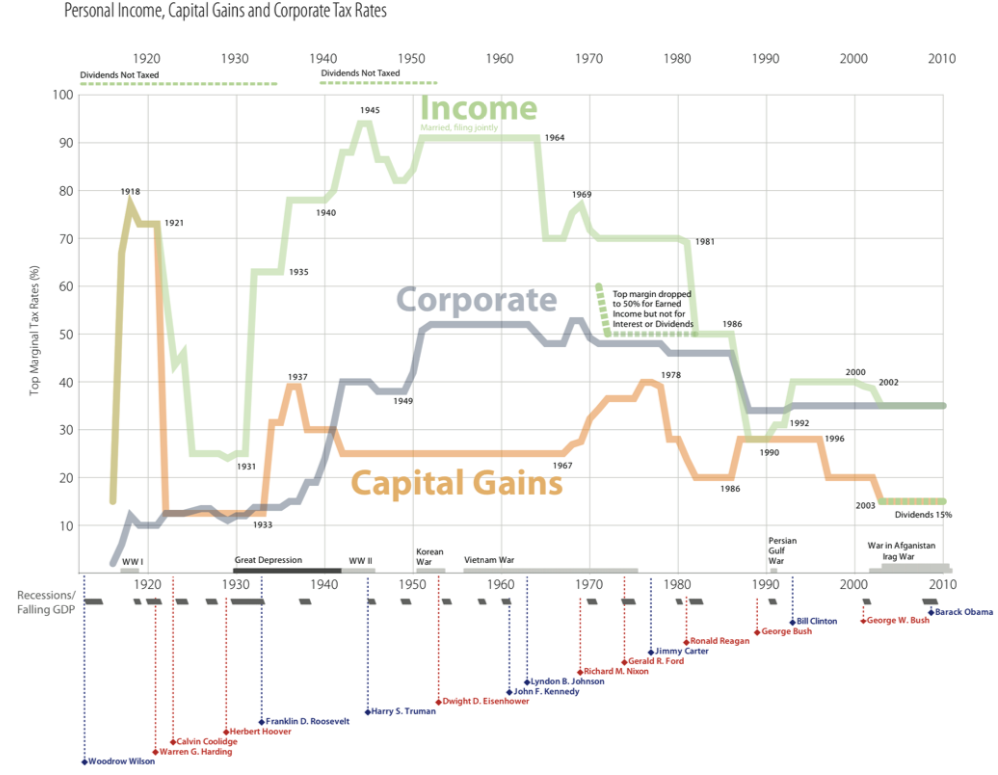Another Bear said:
Does want to offend his buddies in his base.
Today when he was asked about the incident, the operative words in his word salad response was "It's sad." Since he is dumb as a turnip, he almost always "tells it like it is in his twisted mind." He undoubtedly thinks it is "sad" because one of his supporters crossed the line or he is sad he got caught.
Somehow I doubt the word "sad" would have found its way into his response had the terrorist wannabe been a Leftie or a Muslim plotting to off members of the Republican leadership.
Cancel my subscription to the Resurrection
Send my credentials to the House of Detention
“I love Cal deeply. What are the directions to The Portal from Sproul Plaza?”
Send my credentials to the House of Detention
“I love Cal deeply. What are the directions to The Portal from Sproul Plaza?”


